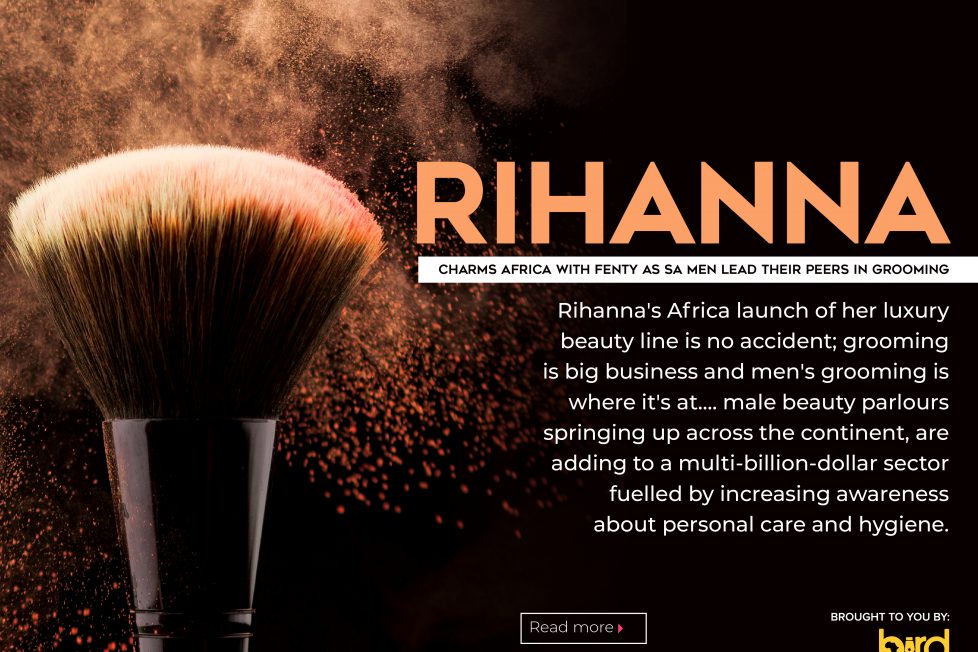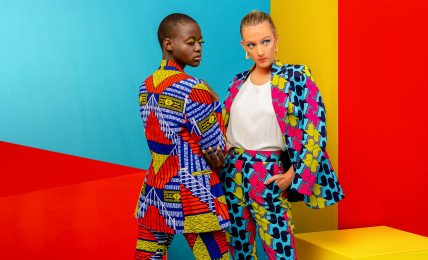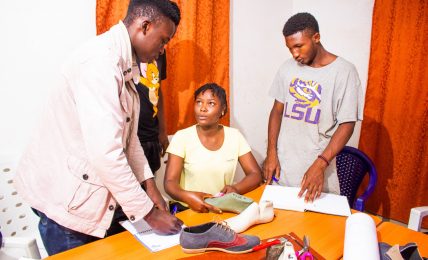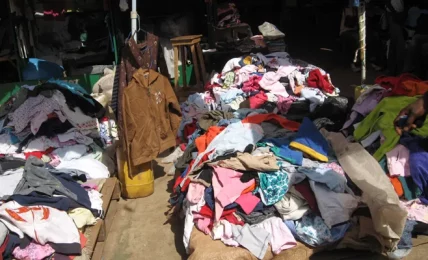Rihanna Charms Africa with Fenty as SA Men Lead in Grooming
Rihanna's Africa launch of her luxury beauty line is no accident; grooming is big business and men's grooming is where it's at.... male beauty parlours springing up across the continent, are adding to a multi-billion-dollar sector fuelled by increasing awareness about personal care and hygiene.







